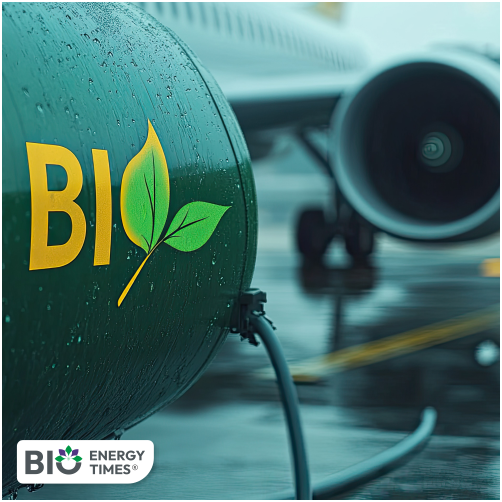Lufthansa Cargo and CEVA Logistics have turned their previously announced summer Memorandum of Understanding (MoU) on the use of sustainable aviation fuel (SAF) into a formal agreement. Signed on November 21 during CEVA Logistics’ Airfreight Annual Strategic Partners Council in Paris, the deal confirms the company’s commitment to using SAF in 2025, resulting in an expected reduction of 8,000 tons of CO₂, reports Air Cargo Week.
The MoU has now been formalised into a long-term framework agreement that will remain in force until the end of 2028, reflecting a strong partnership built on years of trust, open communication, and shared learning. Loïc Gay, Global Air & Ocean Products VP at CEVA Logistics, said the agreement marks an important milestone in the company’s work with Lufthansa Cargo and supports measurable emissions cuts and more sustainable supply chains. He added that it is especially meaningful to work with a partner that prioritises transparency, clear sustainability practices, and certified standards.
For Lufthansa Cargo, the agreement highlights the value of its cooperation with CEVA Logistics, particularly in long-term sustainability efforts. Anand Kulkarni, Head of Global Markets at Lufthansa Cargo, said CEVA Logistics’ decision to increase its use of SAF shows a strong commitment to reducing emissions in air freight. He said that protecting the climate requires determined action and reliable partnerships, and this agreement provides a solid basis for further joint progress.
The framework agreement also sets the stage for additional collaboration on SAF-related initiatives. The fuel used is made exclusively from waste and residual materials, contains no palm oil, and meets leading international requirements. CEVA Logistics will receive transparent documentation of emission reductions through audited “Emission Mitigation Certificates,” supported by a verified “Proof of Sustainability” (PoS) from Lufthansa Cargo. Both companies said the agreement reinforces their long-term cooperation and sends a clear signal supporting verifiable CO₂ reduction.
This latest SAF agreement adds to a wider sustainability partnership between the two companies, which includes knowledge sharing, circular economy efforts, and joint innovation and research projects.















